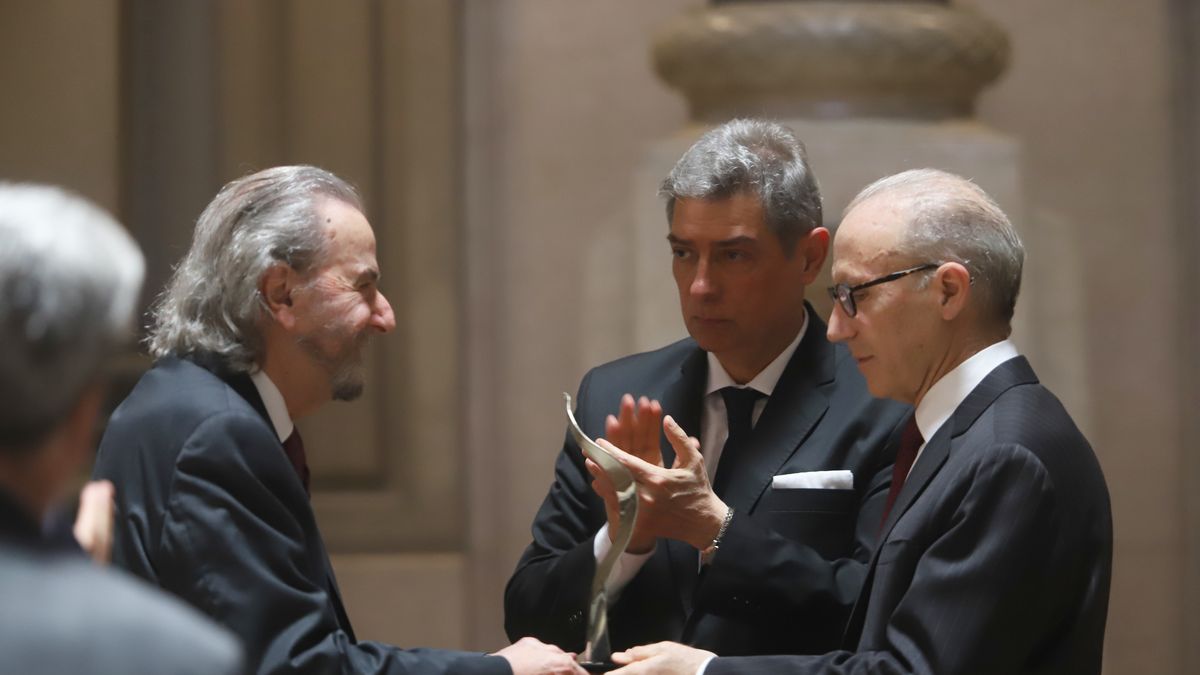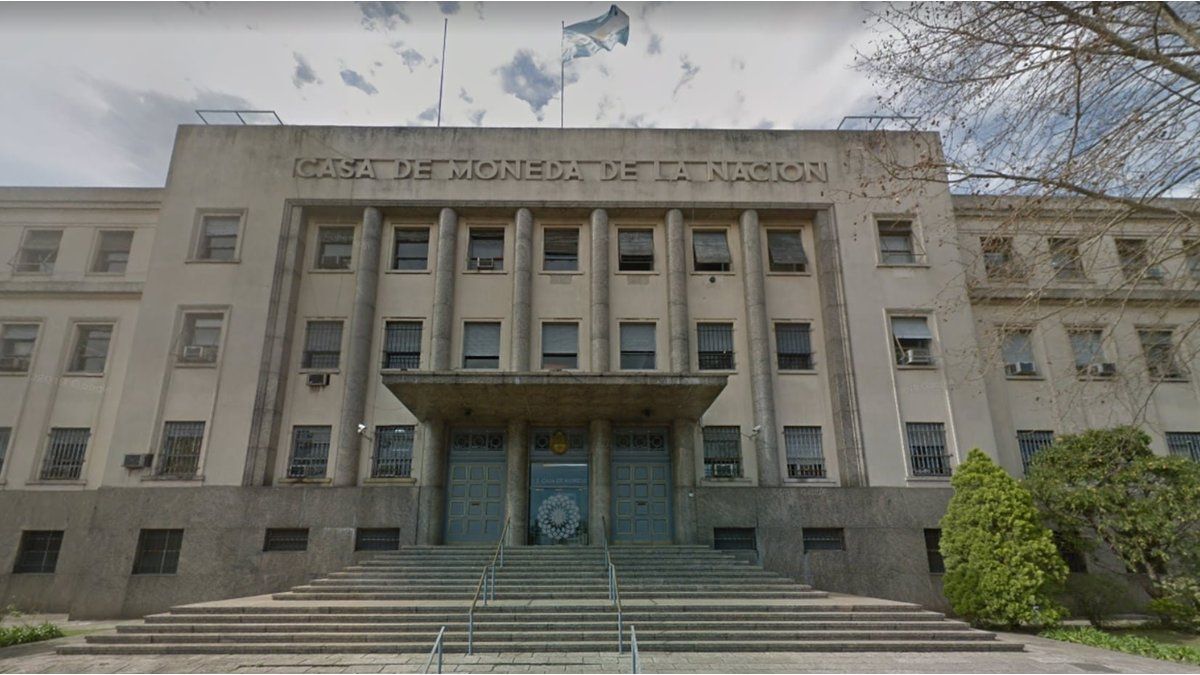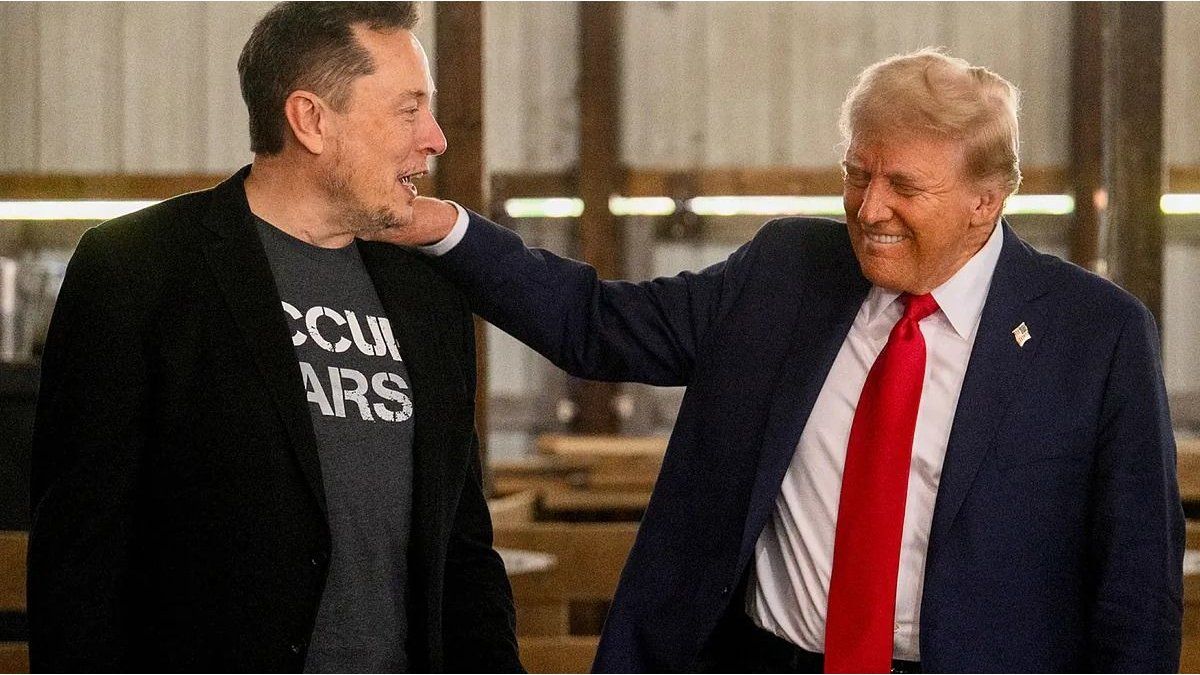In the Supreme Court they discount that Javier Milei will issue, before the end of the year, two decrees to appoint judge Ariel Lijo and professor Manuel García Mansilla “on commission” for the highest court. That explains all the latest movements on the fourth floor of the Court Palace, the speeches at Juan Carlos Maqueda’s farewell and even the first public response – with numerical data – to a question from Ricardo Lorenzetti. This replica also “spammed” around 25 thousand email boxes. of the entire Judicial Branch. If someone had not read the dissent that originated it, everyone learned of the response that criticized it: same staffing, record of sentences.
But the dynamic nature of the multi-party play that took place at the end of the year between the Government and the judicial system will transfer the effect that the Executive Branch’s decision may have – if it finally decides to adopt it – to a third actor, unrelated until now: the private sector that has litigation before the Court. And Milei’s decree can become kryptonite for the business world that is beginning to sniff that any ruling that obtains a majority achieved with judges “in commission” is likely to be challenged as null.
The question is beginning to be asked by the market that sees that the ball is beginning to hit its court. What would happen if some “big guy” lost a case with the vote of a judge chosen by decree? Do you agree to comply with it, or do you resist it? Question that begins to cross the minds of the Marcoses, the Eduardos, the Alejandros and the Paolos of life, and of all the strong players in the system that can become the business support network for the Government. Large law firms begin to traffic information with their clients that in a scenario like this, it is better to lose and try for an annulment than to win and be left empty-handed. That was conveyed to several AEA members.
During the fair, there will be no swearing
There is another certainty that they confirmed to Scope several Palace fountains: during the fair, no one swearsno matter how many decrees the Executive wants to cover them with, or versions of administrative creativity that they seek to install to find a way. January is closed. February may have precautionary measures and March, Congress will be active again. The versions of hurried swearing that are exonerated only by the lack of knowledge generated by the intricate administrative logic of the highest Court are almost taken as a lack of respect. To begin, it is enough to take article 112 of the National Constitution, which indicates that any incoming member takes an oath before the President of the Court. During the January recess, there are “fair judges”, there are no substitute presidencies.
Secondly, and as is the case with the Judicial Council, there is the formality of analyzing the antecedents. They can attest to this César Grau – the lawyer who will replace the deceased Héctor Recalde – and Alberto Maques who will be sworn into the judge selection body after this rigorism, this Monday at 12:30. For both, the Court “combed” the background information that the Council previously sent them in writing. Even everyone’s CV is in that bureaucratic paperwork. There is a whole administrative “Jenga” of which Scope points out examples. But there are more hidden pieces that only those who obtained two-thirds of the Senate to occupy their seats on the highest Court know. All these elements go against fanciful theories. Is it useful for the Government to introduce the decrees and have them remain in limbo?
Set the stage
But the Court’s movements were sequential and began several months ago, as this newspaper reported at the time: The majority made up of Horacio Rosatti, Carlos Rosenkrantz and the now outgoing Maqueda made the decision to exhaust the entire stock of causes that mattered to frontline politicians, before any replacement.. Nothing to negotiate forward. They achieved it, with the last step linked to indefinite re-election in Formosa. Nothing that interests politics will escalate before the second half of 2025. This package does not include the demands of the different governors against the Casa Rosada for the cuts adopted by Milei during this year. Stealthily, the provincial leaders are making a pilgrimage to Guillermo Francos’ office and closing their own agreements. There is a fact that illustrates the lack of interest in this being resolved through rulings: no province – since it began its lawsuit – presented what is called “prompt dispatch.” When there is no negotiation in force, the presence of the State Prosecutors on the fourth floor is weekly. The Government is also not concerned about the fate of its mega DNU 70/2023. He got in Bases the only thing he needed to advance and, in addition, he froze his attack against the CGT, which keeps the actors miming.
The “Levinas” case, which was announced as a possible last setback for the Court that had Mauricio Macri as the final beneficiary because it would generate the precedent of escalating all conflicts arising from the national justice system of the Federal Capital to the Superior Court of Justice (TSJ). ), begins to dilute.
Not only because of a matter of deadlines. But for the integration of the majorities: the “Corrales” and “Nisman” rulings that laid out the path of empowering the TSJ over national justice were built with the votes of Rosatti, Lorenzetti and Maqueda. That majority culminates on the 29th with the departure of the Cordoban. For continuity in that line of jurisprudence, Rosenkrantz should mutate his position as Carlos Fayt did in the legendary “Bazterrica” ruling. Obviously Levinas doesn’t matter. The case of interest is the future of the bankruptcy of Correo Argentino that impacts the Macri family and that has been floating, for years, in the national commercial justice system and the TSJ is desperate to stop it. Three business days are a short period for the former president to get his hopes up.
Politics will have its own distractions beyond what happens with the decrees. As long as the splinters of the State of Florida cadastre or the Antonini Wilson way of former senator Edgardo Kueider continues its course, next year there will be elections and a possible replacement in the Judicial Council. Three councilors from the legislative establishment will see their mandates expire in the 2025 legislative elections: the Kirchnerist senator Mariano Recalde and María Pilatti Vergara, as well as the deputy and union member Vanesa Siley. How the lists are formed will be clues about continuities, replacements and, as a result, majorities. It takes an eternity.
PHOTO-2024-12-19-14-17-16.jpg
Juan Carlos Maqueda in his farewell speech to the Supreme Court, with veiled criticism of the Government’s lack of institutionality
Mariano Fuchila
Last chapter of the internal
The tribute to Maqueda in the Court of Honor on the fourth floor of the Palace was graphic of the state of the inmates at the Court. From the beginning, there were only three chairs. Lorenzetti was never going to participate. The Court had just deployed the attempt to shield itself by regulating how it would integrate co-judges by lottery when there was no majority of votes for a ruling. A couple of days before, a “scrum” was held with the presidents of the Federal Chambers from all over the country, eventual co-judges. The Court was monitoring the elections in all jurisdictions like a drone, ensuring its ascendancy. “Legal security” and cohesion was the message that spread to the Executive side.
But the central point of the new regulations that had the greatest impact was ignored in the Acordada chronicles: co-judge who is drawn intervenes (from then on) in all analogous cases. The double effect that makes everything explode is that it annuls the chance of winning new draws and that it opens the range as to who interprets the similarity of the files.
Lorenzetti wrote a furious dissent in which he repeated several of the accusations he has been making every time he has the opportunity to raise his differences with his peers, but this time he got a response.
The conceptual difference for the majority to decide to show the explicit confrontation was the reading that The judge’s questioning was aimed at the entire Court staff, and it was no longer a discussion between peers. Simultaneously, on Friday another episode occurred in which the judge did not sign the promotion of the wife of a senior government official who was selected among the 150 resolutions that rearranged the court’s career staff.
Maqueda did not even mention Rafael in his farewell speech, not even elliptically.. For years they were the closest to each other, and a pillar in Lorenzetti’s support during his 11 years of presidency. That relationship was broken when in a surprise move, he was dethroned in 2018 so that Rosenkrantz could take that place. Maqueda was left, alone, voting for Lorenzetti who avoided the self-vote by accompanying the majority. That was a point of no return for the man from Córdoba that has deepened in recent years. Nothing indicates that the internal situation, in any case, is going to calm down.
Source: Ambito
I am Pierce Boyd, a driven and ambitious professional working in the news industry. I have been writing for 24 Hours Worlds for over five years, specializing in sports section coverage. During my tenure at the publication, I have built an impressive portfolio of articles that has earned me a reputation as an experienced journalist and content creator.




